Smart City Research Centre, Udayana University Kampus Bukit Jimbaran, Badung, Bali (80361) - Indonesia.
| : | icsci@unud.ac.id | |
| Phone | : | GAM Suartika (+62 896-8550-1932) Ari Mogi (+62 89697279525) |
Cities are contingent on the historical forces that have shaped their development. Among these are colonization, industrialization, technology, and information. Today the Smart City has emerged as one possible answer to the emergent problems of urbanization in the 21st century. It joins a multitude of concepts and ideas that address daily life in the post-industrial world of informational capitalism – the sustainable city, the creative city, the green city, and the liveable city – and the Smart City that now seems to resonate with urban administrations and urban designers worldwide. The question is what is it?
Cities are merely reflections of the political economy of their own history. They are acts of imagination that combine use values and exchange values, political elites and poverty, fixed and mobile capital, multi-modal transport systems, and a chessboard of land uses that reflect urban politics, investment strategies, densities and class distinctions, histories, and expectations. There is no ‘one size fits all’, and cities worldwide contain a vast range of differences. On the basis of capitalist urbanization, most cities grow by consuming themselves – by destroying the old to build the new in an effort to reduce crime, pollution, waste disposal, amenity, security and to increase the rate of commodity circulation to generate wealth.
All historical periods have advanced on three fronts; first, the stockpiling of capital; second, the progression of ideologies that inform the development and third, technological advancement. The smart city paradigm falls into the latter category. It is firmly committed to informational technology and informational capital to fuel progress. Given this commitment, the problem is that human interests may be subsumed to technological ‘efficiency’, forgetting that what is human and what is technical, are not homologous. A central problem, therefore, is how to temper the use of technology with democratic politics and the voice of the people.
Today’s social system has been described as ‘the Network Society’ - the
product of informational capitalism. This has entailed massive shifts in
power, identity and traditional concepts of place as the virtual world
of the space of flows reconfigures the material world in a diversity of
forms. In the process, many cities thrive, while others sink in a sea of
decay.
Development is not democratic, and those cities that become hard-wired fastest also have the economic advantage as well, attracting a new ‘creative class’ of intellectuals, artists, business people, and professionals who then support a plethora of new urban spaces. As a resolution to the above problems, the smart city is therefore not merely a neutral technological fix. It is infused with problems that need to be interrogated if a more humane as opposed to a more efficient environment is to emerge. As we might expect, the smart city is frequently lauded as a panacea for all ills. To test this idea, this conference will provide space for all forms of critique and debate in order to test the reality of the smart city in theory and practice, and as a viable strategy for future urbanization. In doing so, we embrace the following four themes and extended topics:
1. Energy & environment:
(a) Sustainable energy storage system for urban built environment;
(b) Urban energy system, security and sustainability
2. Infrastructure:
(a) Sustainable urban mobility;
(b) Sustainable urban water management;
(c) Sustainable regional development
3. Information and communication technologies/ICT and mobility:
(a) Extending urban healthcare services to rural areas;
(b) Internet of things/IoT;
4. Quality of life:
(a) Urban housing infrastructure, policy & technology;
(b) Live-able urban environment;
(c) Urban healthcare services
This conference has been organized following the success of the first ICSCI which was organized by Padjajaran University of Bandung in 2018, and the second ICSCI, which was conducted by Diponogoro University of Semarang in 2019.
Upon passing determined reviewing process and author's discretion, accepted full papers presented in the ICSCI 2020 will be published in:
Scopus index, Q2 for engineering field in Scimago journal database
Nationally accredited with Shinta 2 accreditation status
| No |
Time |
Agenda ICSCI |
Agenda RCEneE |
| 1 |
11 May 2020 |
Deadline for abstract submission (extended) |
|
| 2 |
17 May 2020 |
Announcement for abstract review result |
Announcement for abstract review result |
| 3 |
20 July 2020 |
Deadline for full paper submission |
Deadline for full paper submission |
| 4 |
6 August 2020 |
Announcement for full paper review result |
Announcement for full paper review result |
| 5 |
10 September 2020 |
Deadline for Submission of revised full papers |
Deadline for Submission of revised full papers |
| 6 |
27 - 28 October 2020 |
Conference |
Conference |
| 7 |
September 2020 |
Deadline for submission to IJTeCH/IJSEIT |
Deadline for submission to IJTeCH/IJSEIT |
| 8 |
October 2020 |
Deadline for submission to IOP and Unud Journals with Shinta 2 accreditation status |
Deadline for submission to IOP and Unud Journals with Shinta 2 accreditation status |
| Participants | Registration - publication with IJASEIT | Registration - publication with IOP-EES | Registration - publication with Shinta Journal | ||||
|---|---|---|---|---|---|---|---|
| Student | Academic/ public | Student | Academic/ public | Student | Academic/ public | ||
| Presenter and oral presentation | International (US$) | 300 | 350 | 300 | 350 | 300 | 350 |
| Local (IDR) | 3,000,000.00 | 3,500,000.00 | 3,000,000.00 | 3,500,000.00 | 3,000,000.00 | 3,500,000.00 | |
| Publication fees (US$) | 300 | 300 | - | - | - | - | |
| Presenter and poster presentation | International (US$) | 300 | 350 | 300 | 350 | 300 | 350 |
| Local (IDR) | 3,000,000.00 | 3,500,000.00 | 3,000,000.00 | 3,500,000.00 | 3,000,000.00 | 3,500,000.00 | |
| Publication fees (US$) | 300 | 300 | - | - | - | - | |
| Additional author | International (US$) | 150 | 200 | 150 | 200 | 150 | 200 |
| Local (IDR) | 1,500,000.00 | 2,000,000.00 | 1,500,000.00 | 2,000,000.00 | 1,500,000.00 | 2,000,000.00 | |
| Publication fees (US$) | 300 | 300 | |||||
| Participants without paper/poster | International (US$) | 100 | |||||
| Local (IDR) | 1,000,000.00 | ||||||
| Client | : | UNIVERSITAS UDAYANA (UNUD) |
| VA Number |
: | 988 33355 1411 2100 |
| Billing ID |
: | UND/100 |
| Name | : | Smart City LPPM |
| Bank | : | BNI 46 |
| Bank Swiftcode | : | BNINIDJADPS |
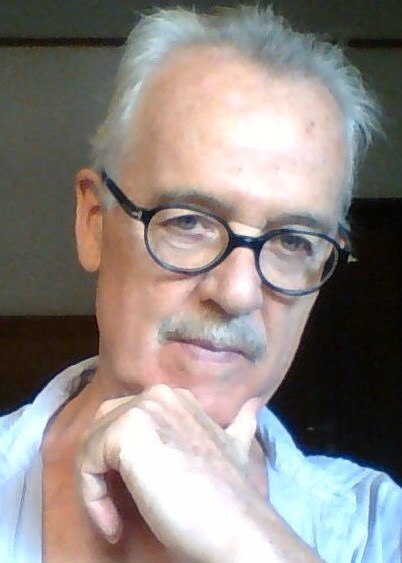
Prof. Alexander CuthbertUniversity of New South Wales, Australia
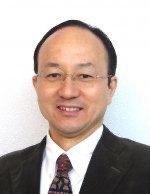
Prof. Norikasu ShimizuYamaguchi University
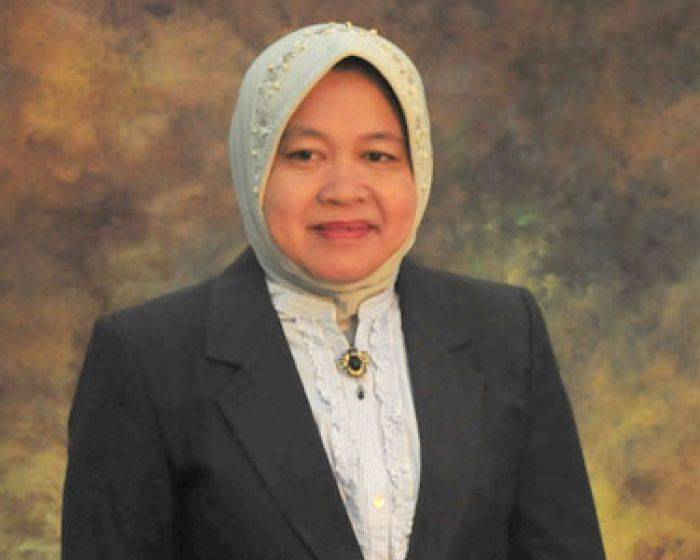
Dr. Tri RismahariniSurabaya Mayor
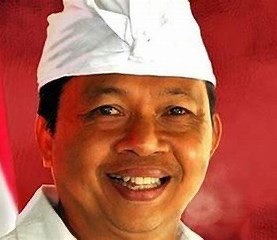
Dr. I Wayan KosterBali Governor
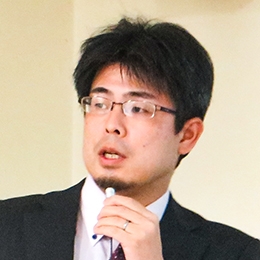
Assoc. Prof. Fumitake TakahashiTokyo Institute of Technology
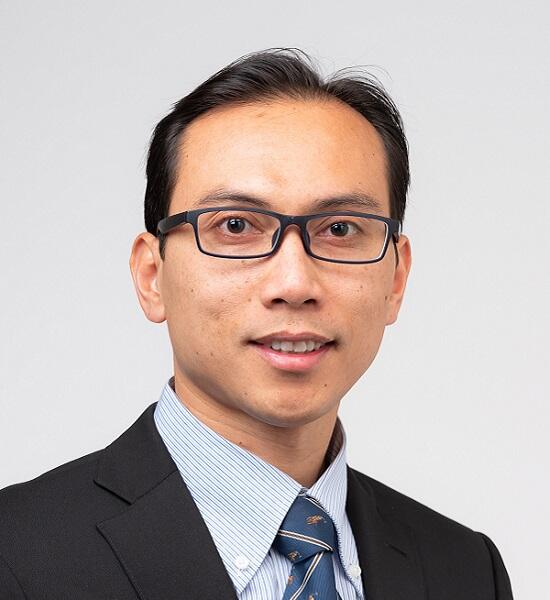
Assoc. Prof. Muhammad AzizUniversity of Tokyo
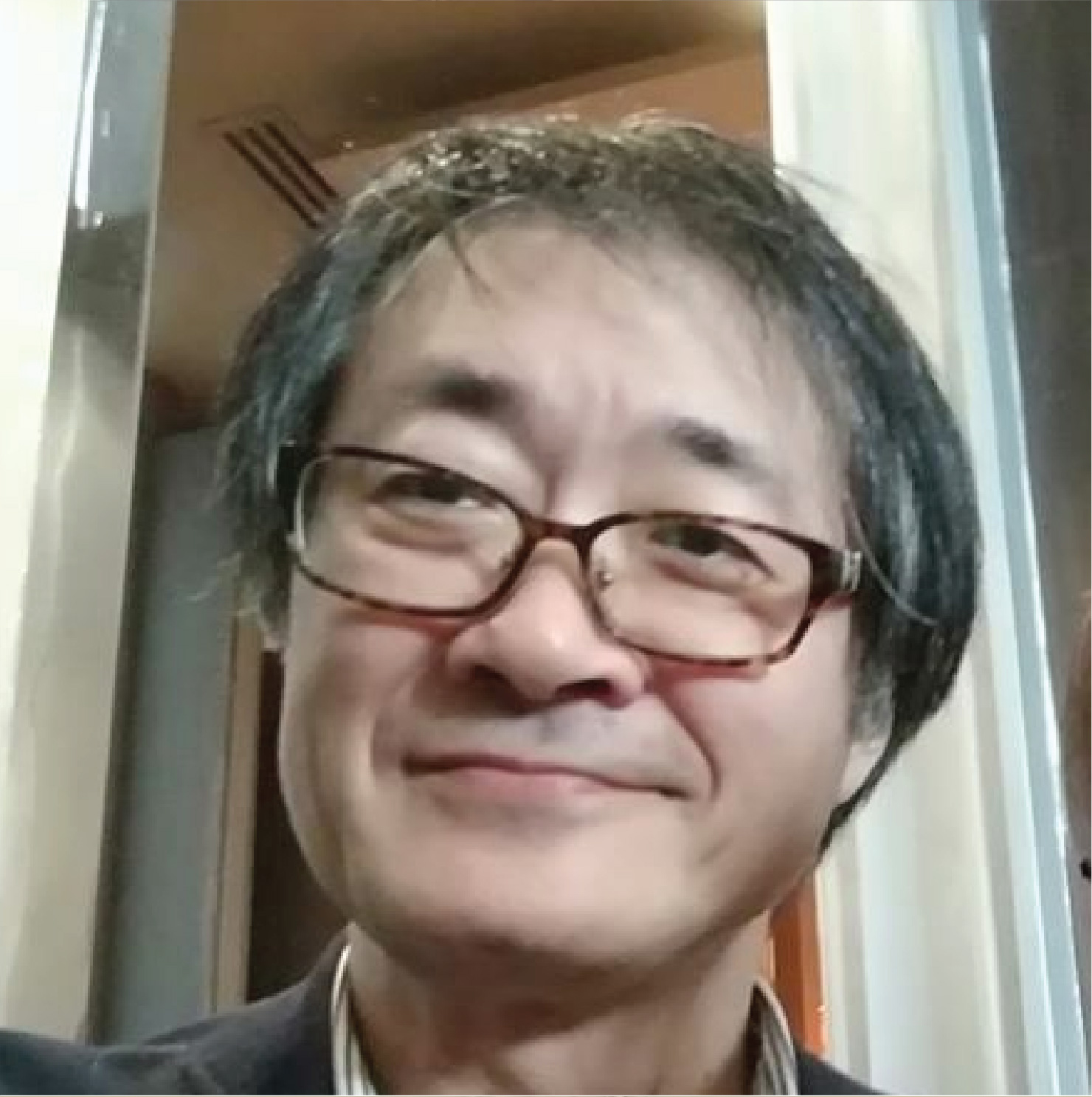
Prof. Hideaki OhgakiKyoto University
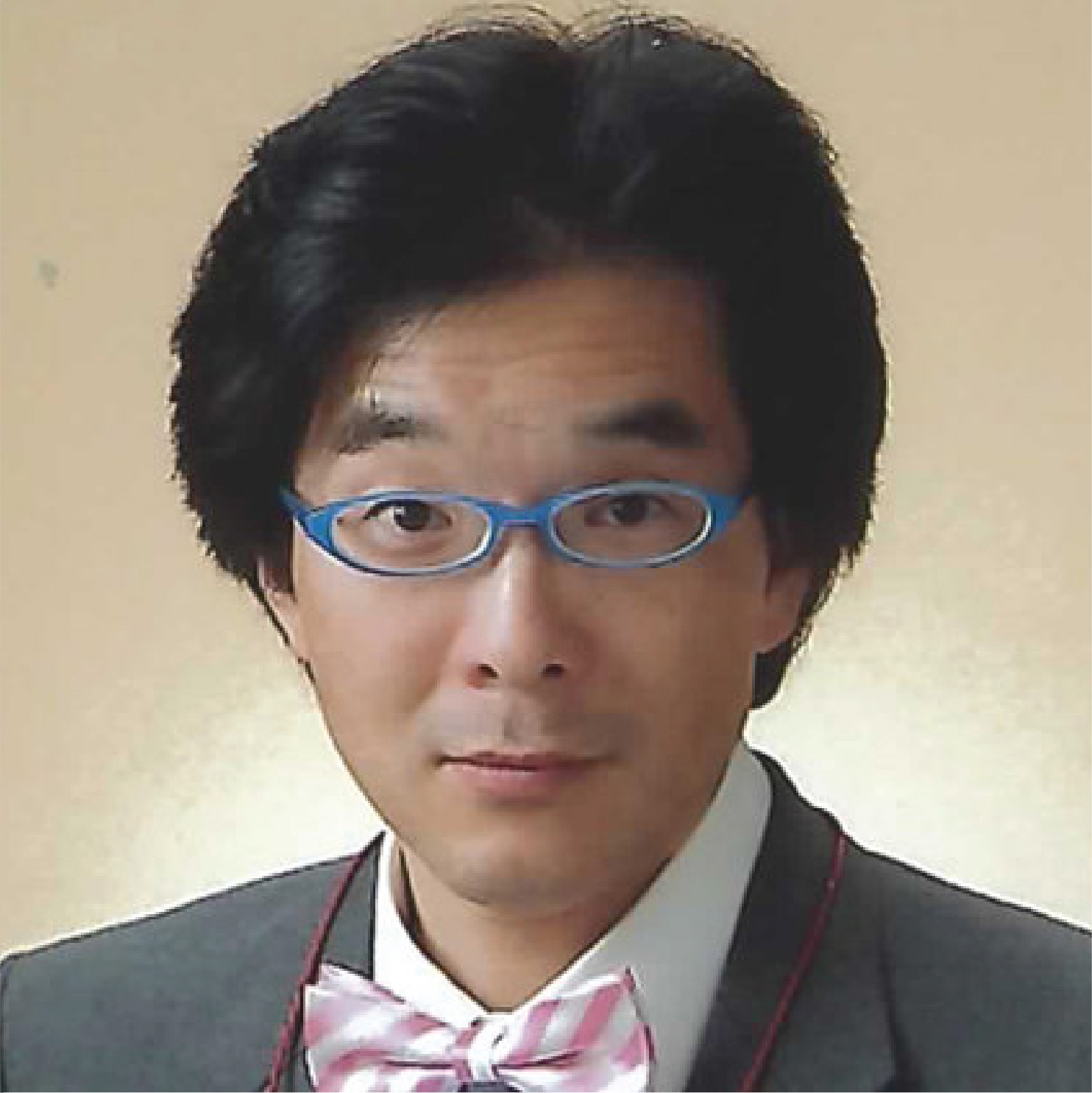
Prof. Jun TanimotoProf. Jun TanimotoKyushu University
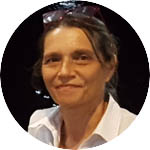
Dr. Christine CabassetIrasec - France
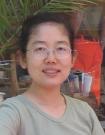
Prof. Yu LiuNorthwestern Polytechnical University - Xián China
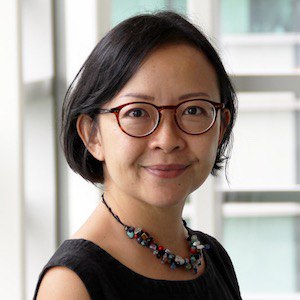
Dr. Devisari TunasSingapore – ETH Future Cities Lab
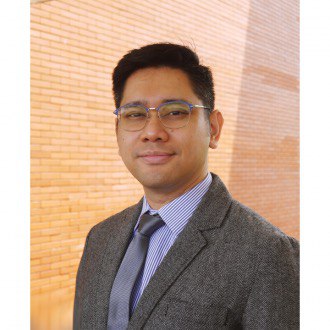
Ahmad Gamal, S.Ars., M.Si., MUP, Ph.D.Universitas Indonesia
Participants consists of 120 Indonesian scholars and 30 participants from international universities. The VIP invitations for CCR SMART CITY and also invitations for Local Governments Officers of Bali Provinces, particularly from Local Planning and Research Development Board (Bapelitbangda Kota/ Kabupaten).
Since the conference will be jointly held with Department of Architecture at Universitas Indonesia and LASER PULSE at Purdue University, it is expected to have participants coming from five (5) different countries, including those coming from Asia, Australia, Europe, and America Continent. It also targets reputable Indonesia higher education institutions include those of CCR SMART CITY University of Indonesia (Jakarta), Padjajaran University (Bandung); Diponogoro University (Semarang; Sriwijaya University (Palembang); Technology University of Sumbawa (Sumbawa); and Udayana University. On top of the aforementioned potential participants, the 2020's ICSCI also engages government officers, non-government organizations/individuals as well professionals of relevant field and expertise. Participations in this conference can be accommodated in four different forms, which are as follows:

Smart City Research Centre, Udayana University Kampus Bukit Jimbaran, Badung, Bali (80361) - Indonesia.
| : | icsci@unud.ac.id | |
| Phone | : | GAM Suartika (+62 896-8550-1932) Ari Mogi (+62 89697279525) |
Center for Collaborative Research SMART CITY at Universitas Indonesia 3rd floor, ILRC Building, Kampus UI Depok 16412
| : | ccr.smartcity@ui.ac.id | |
| Phone | : | CCR SMART CITY (+62 851 56690271) |

Address: Jalan Hang Tuah Jalan Inna Grand Bali Beach, Sanur Kaja, South Denpasar, Sanur Kaja, Kec. Denpasar Sel., Kota Denpasar, Bali 80227
| No | Name | Institution |
| 1 | Ir. Chairul Hudaya, S.T., M.Eng., Ph.D, IPM | Universitas Indonesia |
| 2 | Prof. Deden Rukmana | Alabama Argicultural & Mechanical University |
| 3 | Dr. Christine Cabasset | Irasec - France |
| 4 | Prof. Ramesh K. Biswas | Smart City - Austria |
| 5 | Dr. Niramon Serisakul | Urban Design & Development Centre - Thailand |
| 6 | Prof. Yu Liu | Northwestern Polytechnical University - Xián China |
| 7 | Dr. Mark Russel | University of Florida |
| 8 | Prof. I Nyoman Antara | Unud-Indonesia |
| 9 | Prof. I G. Rai Maya Temaja | Unud-Indonesia |
| 10 | Eko Adhi Setiawan | IJTech |
| 11 | Muhammad Suryanegara | IJTech |
| 12 | Mohammed Ali Berawi | IJTech |
| 13 | Nyoman Suwartha | IJTech |
| 14 | Muhammad Suryanegara | IJTech |
| 15 | Ruki Harwahyu | IJTech |
| 16 | Yandi Andri Yatmo | IJTech |
| 17 | Paramita Atmodiwirdjo | IJTech |
| 18 | Prof. N. P. G. Suardana | Unud-Indonesia |
| 19 | Prof. I N. Suprapta Winaya | Unud-Indonesia |
| 20 | Prof. P. Alit Suthanaya | Unud-Indonesia |
| 21 | Prof. I N Arya Thanaya | Unud-Indonesia |
| 22 | Prof. Ida Ayu Dwi Giriantari | Unud-Indonesia |
| 23 | Prof. IDG Ary Subagia | Unud-Indonesia |
| 24 | Dr. D.M. Priyantha Wedagama | Unud-Indonesia |
| 25 | Dr. W.G. Ariastina | Unud-Indonesia |
| 26 | Yoga Divayana | Unud-Indonesia |
| 27 | Dr. I Nengah Sujaya | Unud-Indonesia |
| 28 | Dr. Ir. Hendri D.S. Budiono, M.Eng. | Universitas Indonesia |
| 29 | Dr. Ir. Muhamad. Asvial, M.Eng | Universitas Indonesia |
| 30 | Dr. Eng. Muhamad Sahlan, S.Si, M. Eng | Universitas Indonesia |
| 31 | Prof. Dr.-Ing. Nandy Putra | Universitas Indonesia |